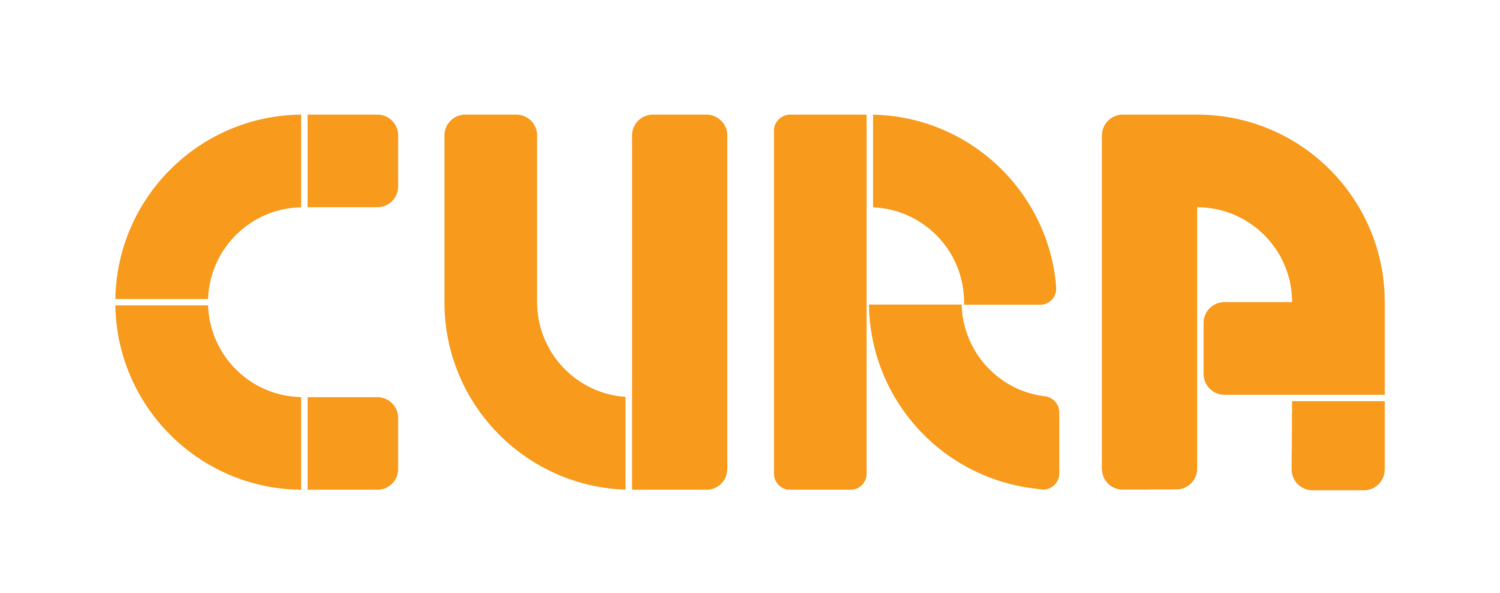
Implement PBL curriculum that works
Want more best practice tips on how to bring your classrooms to life?
Helping students give & receive feedback
One of the hardest – yet most important – aspects of collaboration is being able to give and receive feedback constructively. So how do you teach students these skills?
Teach students to ‘difference-spot’, not ‘wrong-spot’
The secret to great collaboration? Encourage student to difference-spot, not wrong-spot. A one-word change in mindset can completely change how teammates view their interactions with each other and can alter the dynamic within a team from dysfunction and conflict to one of trust and psychological safety
How to build team synergy by emulating a pit lane crew
The theory of teams is that they are able to achieve more than any one individual. This relies on the team being able to create synergy, where the team as a whole are greater than the sum of their parts
How to help students resolve team conflict
Team conflict is a source of frustration for students and teachers alike within PBL projects. It can sour the interpersonal dynamics within a team and derail the team’s productivity
The secret to creating high-performing, collaborative PBL teams
Whenever PBL is spoken about, the term collaboration generally follows closely. Whilst nobody doubts its importance to students being able to navigate a project successfully, there is much less clarity on exactly what good collaboration is
Our roadmap for teaching student collaboration
These skills are widely recognised as being the knowledge that students need to possess after completing their education and, should they have developed them, they will be better able to navigate a complex and rapidly-changing world
Why user manuals should be your foundational collaborative document
One common reason why teams fail is that team members do not fully understand each other and don’t communicate what they want from the team and each other as teammates
Why team decisions should be made using the DACI decision-making model
Team conflict is a source of frustration for students and teachers alike within PBL projects. It can sour the interpersonal dynamics within a team and derail the team’s productivity








